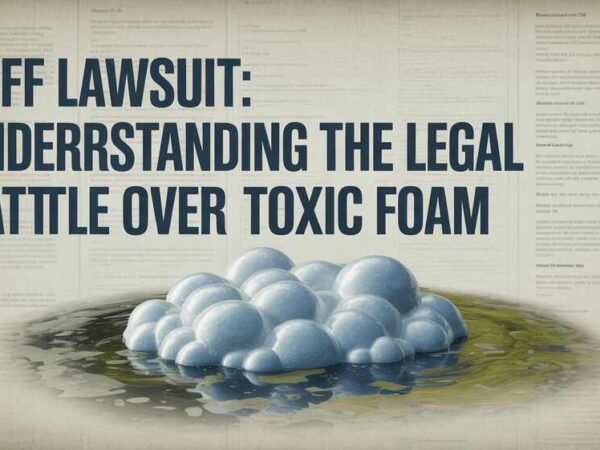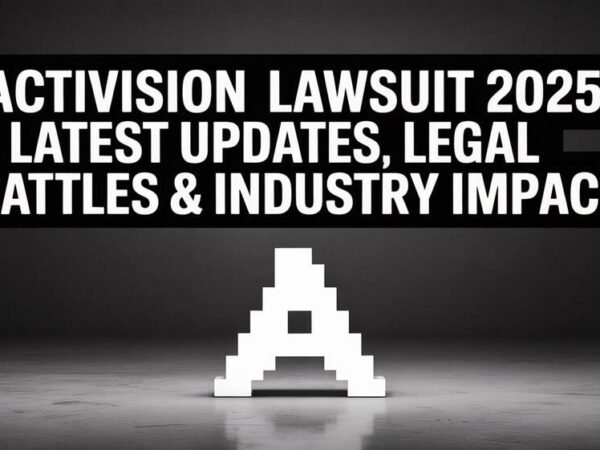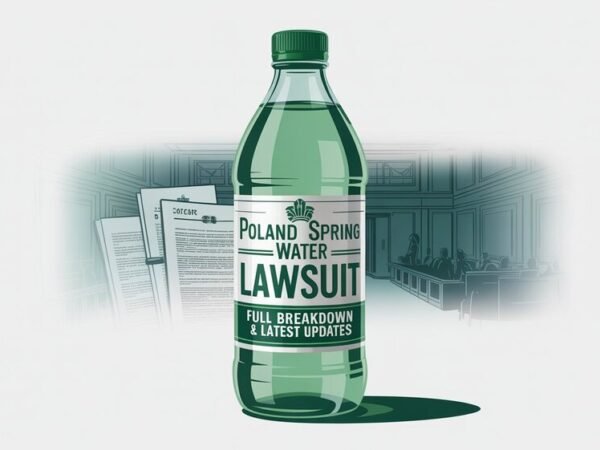Introduction
Market America, a company well-known for its multi-level marketing (MLM) business model, has faced significant legal challenges. Among these, the 2017 lawsuit stands out as particularly notable. This lawsuit, filed by Chaunjie Yang and Ollie Lan, has brought to light severe allegations against Market America, raising questions about the legitimacy and ethical practices of the company. In this article, we will delve into the details of the lawsuit, explore the historical context of Market America’s legal troubles, and discuss the broader implications for the MLM industry.
Company Background
Founded in 1992 by JR and Loren Ridinger, Market America operates on a business model that combines product sales with a network marketing strategy. The company offers a wide range of products, including health and wellness supplements, cosmetics, and household items, under its online shopping platform, Shop.com. Over the years, Market America has expanded its reach globally, with operations in Australia, Canada, Hong Kong, and the United Kingdom.
The company’s business model relies heavily on independent distributors, known as UnFranchise Owners, who are encouraged to recruit new members and earn commissions based on their sales and their recruits’ sales. While this model has been lucrative for some, it has also drawn criticism and scrutiny from regulatory bodies and former participants.
Primary Lawsuit Details
Chaunjie Yang and Ollie Lan initiated the 2017 lawsuit against Market America. The plaintiffs alleged that the company made false income promises and imposed high entry and maintenance costs on its participants. According to the plaintiffs, Market America lured individuals with the promise of significant earnings, only to burden them with excessive fees and expenses.
The lawsuit claimed that Market America’s business practices violated the Racketeer Influenced and Corrupt Organizations Act (RICO), a federal law designed to combat organized crime and racketeering. The plaintiffs accused the company of operating a pyramid scheme, whose primary focus was recruiting new members rather than selling actual products. They sought restitution for their financial losses and injunctions to prevent the company from continuing its alleged deceptive practices.
Legal Claims and Objectives
The lawsuit centered on several essential legal claims, including allegations of racketeering under RICO, false advertising, and deceptive practices. The plaintiffs argued that Market America had misled participants about the potential for financial success, using inflated income projections and testimonials from top earners to entice recruits. They also contended that the company’s marketing materials did not disclose the substantial costs of maintaining an active UnFranchise business.
In addition to financial restitution, the plaintiffs sought injunctive relief to halt Market America’s allegedly deceptive practices. They also challenged the enforceability of the company’s arbitration clause, which they claimed was used to prevent participants from seeking legal recourse through the courts.
Case Developments and Court Proceedings
The case was initially filed in California but later transferred to North Carolina, where Market America is headquartered. During the legal proceedings, the court mandated that the parties engage in arbitration, a process that allows disputes to be resolved outside of the courtroom. This decision was met with mixed reactions, as some viewed arbitration as a faster and less costly alternative to litigation. In contrast, others believed it limited the plaintiff’s ability to seek justice.
The lawsuit was eventually combined with other related cases, creating a consolidated legal battle that brought together multiple plaintiffs with similar grievances. As of the latest updates, the case remains ongoing, with both sides continuing to present their arguments and evidence.
Historical Legal Issues
The 2017 lawsuit is not the first time Market America has faced legal scrutiny. In 1999, the Securities and Exchange Commission (SEC) investigated the company for potential securities violations related to its business practices. While the investigation did not result in formal charges, it highlighted concerns about the transparency and legitimacy of the company’s operations.
2012, Market America was sued for allegations of lead contamination in some of its nutritional supplements. The lawsuit claimed that the company’s products contained unsafe lead levels, posing a health risk to consumers. Although the case was settled out of court, it raised questions about the quality and safety of Market America’s product offerings.
More recently, in 2020, the Food and Drug Administration (FDA) warned Market America about the marketing of certain dietary supplements. The FDA alleged that the company made unsubstantiated claims about the product’s ability to treat or prevent various diseases, violating federal regulations.
Impact and Implications
The ongoing legal challenges faced by Market America have had significant financial and reputational consequences for the company. The allegations of operating a pyramid scheme and engaging in deceptive practices have tarnished its public image and raised doubts about the sustainability of its business model. Moreover, the legal battles have incurred substantial costs in terms of legal fees and potential settlements or judgments.
Beyond the immediate impact on Market America, the lawsuit has broader implications for the entire MLM industry. It underscores the need for greater transparency and accountability in MLM companies’ business practices, particularly in their recruitment and compensation strategies. Regulatory bodies and consumer protection advocates have called for stricter oversight and enforcement to prevent similar alleged fraud and deception cases.
Conclusion
The 2017 lawsuit against Market America has revealed serious allegations that challenge the legitimacy of the company’s business practices. While the case remains unresolved, it is a cautionary tale for MLM companies and potential participants. Market America’s legal battles highlight the importance of corporate accountability and consumer protection in an industry that often operates on the fringes of regulatory oversight.
As the case unfolds, it will be necessary to monitor its developments and consider the broader lessons it offers for the MLM industry. Ensuring that companies operate transparently and ethically is essential to protecting consumers and maintaining trust in the marketplace.
Do Read: Understanding False Promises in Employment: Legal Perspectives and Employee Rights













